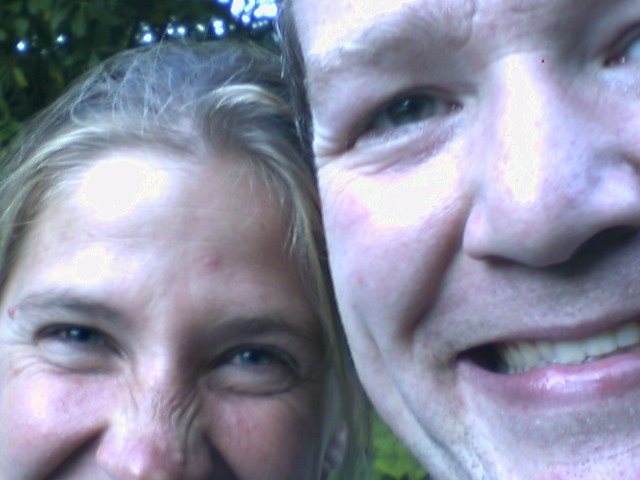learning as an antidote for sadness
Found this quote today, from T.H. White's Once and Future King, which I suppose I shall now have to read (and it will doubtless be a pleasure!). It just resonates perfectly with me. As I continue to work on finding my Yes, I'm convinced that part of it is a huge motivation to learn, to understand things and people, to get my head around them. When I'm doing this, I feel Csikszentmihalyi's flow--especially, funnily enough, when I'm doing maths.
"The best thing for being sad," replied Merlyn, beginning to puff and blow, "is to learn something. That's the only thing that never fails. You may grow old and trembling in your anatomies, you may lie awake at night listening to the disorder of your veins, you may miss your only love, you may see the world about you devastated by evil lunatics, or know your honour trampled in the sewers of baser minds. There is only one thing for it then — to learn. Learn why the world wags and what wags it. That is the only thing which the mind can never exhaust, never alienate, never be tortured by, never fear or distrust, and never dream of regretting. Learning is the only thing for you. Look what a lot of things there are to learn--pure science, the only purity there is. You can learn astronomy in a lifetime, natural history in three, literature in six. And then, after you have exhausted a milliard lifetimes in biology and medicine and theocriticism and geography and history and economics--why, you can start to make a cartwheel out of the appropriate wood, or spend fifty years learning to begin to learn to beat your adversary at fencing. After that you can start again on mathematics, until it is time to learn to plough."
It seems to be the exact opposite of what the writer of Ecclesiastes says
For with much wisdom comes much sorrow; the more knowledge, the more grief.
And funnily enough, both are true. So there's a nice example of antinomy for you. One thing that would make christianity more appealing, IMHO, would be if more of its practitioners were willing to embrace the way in which reality seems to be very much chock full of antinomy.


4 comments:
Ben, I love how many old sayings are considered wise (and are) but so often say totally opposite things. eg.
Many hands make light work.
Too many cooks spoil the broth.
or
Great minds think alike.
Fools never differ.
There are many examples like this (though not off the top of my head!)
Kate
Hi it's me again.
Back to you post, I think the thing about learning (if it's something you *want* to learn,) is that it is a distraction, it's absorbing, and it stimulates the mind, which probably releases lots of good hormones. Also, I think we just simply feel good if we have mastered something new.
The sadness of Ecclesiastes is from having learnt too much about the troubles of the world -- many people learn to avoid and escape the troubles of the world!
One thing that would make christianity more appealing, IMHO, would be if more of its practitioners were willing to embrace the way in which reality seems to be very much chock full of antinomy.
No it's not.
;-)
Post a Comment